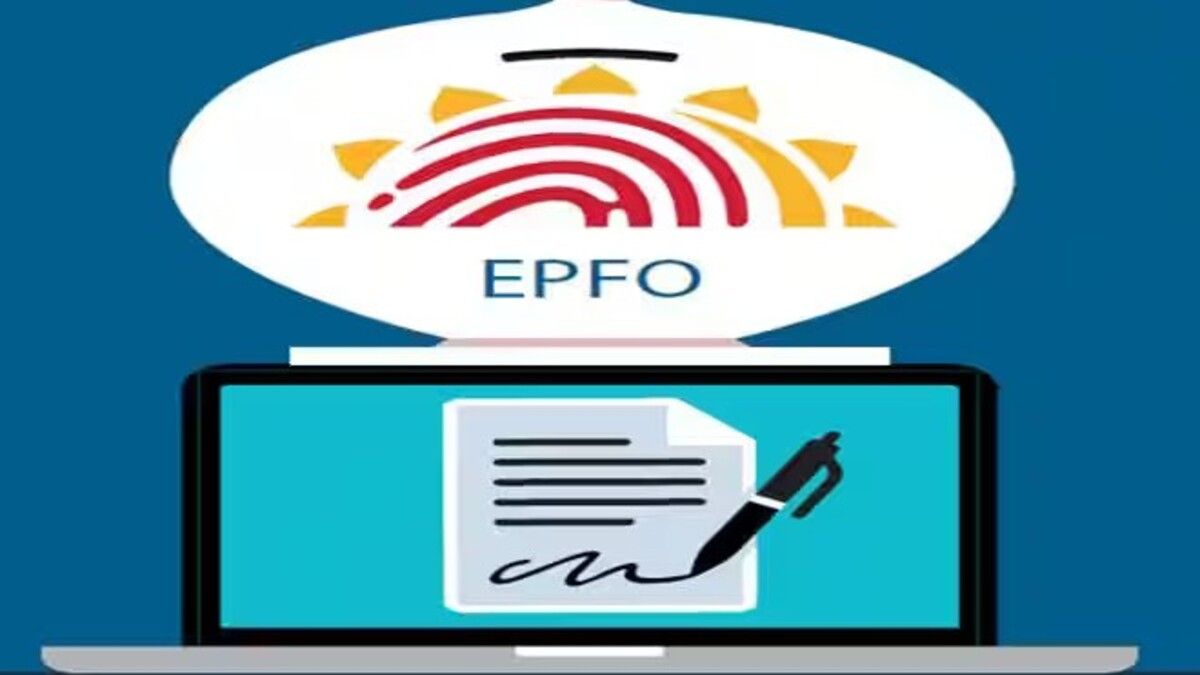Guarding Your Wealth in the Digital Age : The development of digital technology is impacting every aspect of life, be it communication and business or healthcare and entertainment. Artificial intelligence and machine learning have revolutionized data analysis, automation and decision making. In the field of personal finance, technology is changing the way we manage wealth. From tracking portfolios online to investing at the tap of your phone, it has become very easy. But these conveniences come with a hidden challenge – such as the increasing threat to our digital security. For investors, it is about protecting years of financial planning from the rising wave of cyber crime. So, Ajit Menon, CEO of PGIM India Mutual Fund, has given detailed information about the ways in which you can protect your wealth in this digital age.
Your bank account may be in danger
Investors spend years building a strong portfolio, saving hard and investing to achieve their dreams. But one day, a single careless click on a suspicious link or a lapse in the security of their account may put their entire plan in jeopardy. This is also a reality that many investors are facing today. Cyber criminals are not just targeting big businesses or wealthy people, they are also adopting increasingly clever methods to exploit the vulnerabilities of ordinary investors.
fishing
A common trick is phishing. Fraudsters send you emails or messages from trusted financial institutions or advisors, and try to get you to share personal information like passwords. Once the information reaches them, the consequences can be devastating. Such as unauthorized withdrawals, trades not approved by you or even your account being emptied. Then there is identity theft, where criminals copy your behavior or characteristics using stolen personal information.
Ransomware
Some attacks, like ransomware, go even further. Hackers lock you out of your accounts or financial platforms and demand payment to restore access. Even if you are not directly targeted, such attacks can disrupt your financial services, delay transactions or limit access to your funds. There are also cases where criminals break into investment platforms themselves, steal funds or tamper with trades, which can cause investors to feel unsafe and not trust digital tools. However, do not be discouraged by these risks, rather vigilance and some smart habits can protect you from these dangers.
1. Strengthen the password
• Use strong, unique passwords for all your accounts and update them regularly.
• Experts recommend using a password manager website to store and manage passwords.
2. Multi-Factor Authentication (MFA)
• Wherever possible, enable additional security measures, such as verification codes sent to your phone, to add an extra layer of security.
• Enable biometrics on personal devices to unlock the device.
3. Alert against phishing and social engineering attacks
• Be wary of emails or messages that appear to be from your bank, mutual fund or financial advisor. Fraudsters often create fake versions of these to get you to share personal information. When in doubt, always contact your financial institution directly through official channels.
4. Keep your device secure
• Make sure you use only trusted platforms and apps for financial transactions. Keep software, operating system and antivirus programs updated.
• Enable device encryption to protect sensitive data in case of theft or loss.
• Keep your device’s screen locked, enable auto lock with short timeout.
• Always clear cookies and history from the browser to prevent session hijacking, tracking or limit auto-login risks.
5. Avoid public Wi-Fi for financial transactions
• Avoid logging into your accounts on public or shared networks, as these can be easy targets for hackers.
• Use a secure VPN to access sensitive accounts or financial platforms on the go.
6. Set limits on sharing personal information online
• Be careful when sharing information such as your date of birth or financial interests on social media, as cyber criminals can use these to carry out targeted attacks.
• Avoid sharing personal information over phone or message.
7. Monitor financial accounts regularly
• Review your account statements and transactions frequently to detect unauthorized activities early.
8. Back up important data
• Back up important documents and store them in secure, offline locations to reduce the risk of ransomware.
9. Educate yourself about emerging threats
• Cybercriminals are constantly finding new ways to exploit vulnerabilities, and financial institutions frequently release updates and tips to help keep your online activity safe. By staying updated you can stay one step ahead.
10. Stay informed, stay alert
Finally stay informed, stay alert and protect your assets for the future you have been working so hard for. You can contact 1930 or visit cybercrime.gov.in to report any cyber crime incident.









